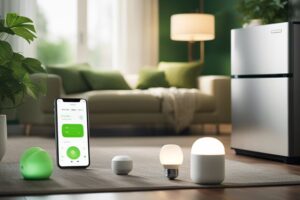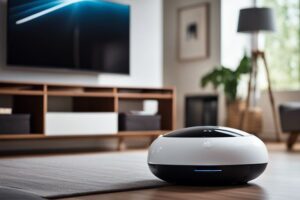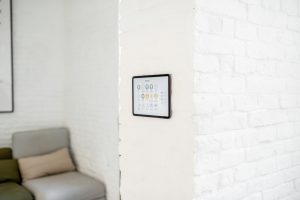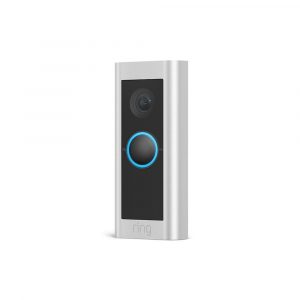Wardle was a member of the elite hacking team that broke into computers at the National Security Agency in the 2000s. Patrick Wardle was a member of the NSA computer hacking team in the mid-2000s. He knows a thing or two about breaking into computer systems. Wardle created a system that allows users to protect themselves and their devices from cybercriminals, like burglars breaking into their houses. Hackers choose houses randomly, too. Like when thieves choose houses randomly, hackers pick homes randomly.
I would advise you to take a couple of basic security precautions to make sure that hackers won’t even think about trying to hack into your computer. Wardle says a good security system is like having a dog or an alarm system to protect your property.
But what should be part of that system? Wardle offers six steps everyone should take to protect their computers.
Protect your password. If someone tries to steal your password, he will be able to gain access to all your accounts.
Even though it might be more convenient, you should never reuse your passwords. That will make your data stolen, especially if someone else has access to your emails and online banking accounts. If you use the same login and password for your bank account as you do for other shopping sites, which generally don’t have very good security, hackers can now access your money.
Wardle recommends that people buy a password manager, which stores a complex number of different codes that help you log in to each of your online accounts. Sometimes, a good password manager can help you avoid phishing scams by letting you know when a website that you’ve been directed to is suspicious. Wardle uses a password manager to help manage his online accounts. My password manager makes my life very easy. Because using a password manager is one of the few things that you actually pay for, security pros tell me that it’s worth every penny.
Those who use webcams often are vulnerable to hackers, so take the time to install protective devices for all your devices.
It’s rare that someone will randomly start spying on you online, but it happens enough that you can help yourself. Cover your webcam when you’re not using it! says Wardle. Wardle: If you have a webcam that you can use to spy on you, use it. If you don’t have a webcam that you can use, use a good quality screen protector like these. If your laptop or tablet has a built-in camera, put a thin protective case over the lens so that no one can see what you’re seeing. If you have a cover that covers your webcam when you’re not using it, use a piece of tape to cover the lens.
Update your antivirus software periodically.
If a computer prompts you to upgrade your software or your operating system, do so immediately. Many computer software updates include security patches that fix bugs. Once hackers discover that a vulnerability has been discovered, you can be sure that the hackers will be out there trying to find out who hasn’t yet installed a patch.
Updates are like installing a layer of protection that secures your computer. If you install security software or other updates to your computer, do it. As Wardle puts it: This one is really a no brainer.
Be careful when shopping for smart devices.
Many smart devices, like smartphones and tablets, have advanced security built into them, says Wardle. But smart devices, like smartphones and tablets, are less secure and could compromise your security.
Wardle recommends that you only buy from reputable companies. If you want a security camera or a’smart’ doorbell, don’t just buy the cheapest one on Amazon. You might be disappointed by the quality of the product you buy. You’re getting what you pay for, says Wardle. You’ll probably get what you pay for.
Also, think twice before connecting a new gadget to your home network.
Wardle’s refrigerator is equipped with a Wi-Fi connection, but he hasn’t set it up yet. Wardle’s refrigerator is connected to Wi-Fi, but he’s made a different decision with his smart TV. I weigh the risks and benefits of each device.
Watch out for unprotected networks. Some people are afraid that friends and family members will try to trick them into giving them a free pass to allow them to access their private networks.
We all use safe, password-protected networks within our homes. But what about a Wi-Fi connection that someone may have set up at a local coffee shop or airport? Wardle says you can use any website, as long as you are very careful about what you search for. Never access your bank account to see what your money is sitting on. If you connect to a Wi-Fi hotspot, never give out your credit card number or other personal information to other people.
Install a layered security system that blocks external connections to your computer.
Most of our phones and tablets have very good security features built in, so installing extra protection is a no-brainer. But one of the biggest flaws in our computers’ security is that humans can easily make mistakes. We all slip up and click on something that someone sends us, or we download and run something that we shouldn’t do, says Wardle. So, if you want to have extra security on your computer, you should get some good software like a firewall or an anti-virus. You should always turn on your computer’s firewall.









